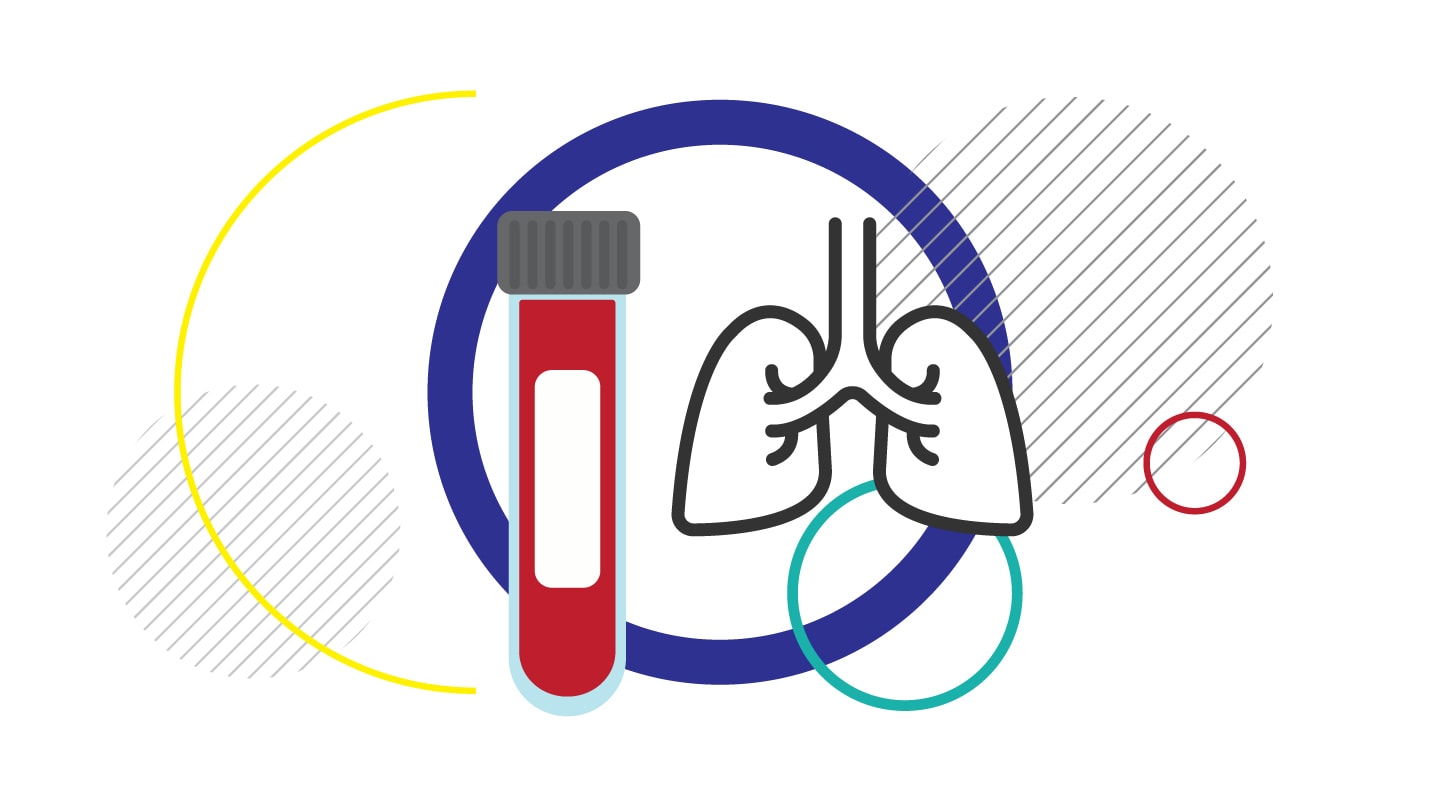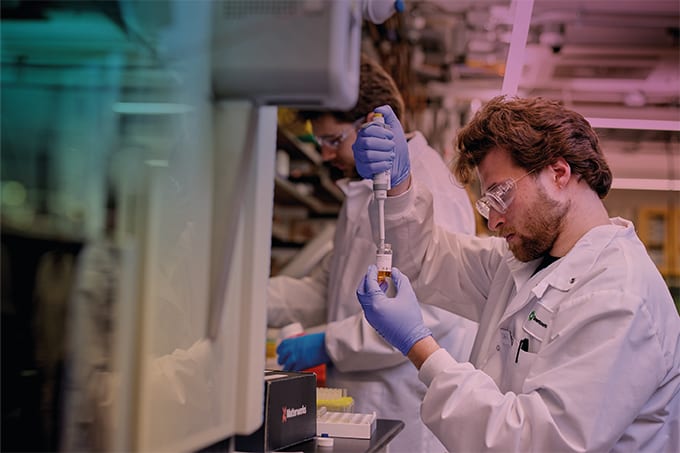Chronic Obstructive Pulmonary Disease (COPD) remains underdiagnosed in up to 70% of cases, largely due to the impracticality of conducting spirometry – a breathing test that requires specialized equipment and trained personnel – on a population-wide scale. Now, researchers in Spain have taken a step toward a simpler screening alternative, validating a set of blood-based metabolic markers that may reliably identify individuals with COPD.
The study, led by scientists at the Hospital del Mar Medical Research Institute in Barcelona and published in the International Journal of Molecular Sciences, used targeted mass spectrometry and machine learning to analyze serum samples from 91 individuals with COPD and 91 healthy controls, identifying ten metabolites with high diagnostic value.

“These findings could serve as a screening method to define high-risk populations for COPD, who could then be referred for the definitive diagnostic test, spirometry,” said Joaquim Gea, the study’s lead author, in a press release.
Out of 360 quantified molecules, roughly 50 showed promise. With the aid of artificial intelligence, the research team narrowed this list to ten metabolites that, when combined, yielded over 90% sensitivity and specificity in distinguishing COPD cases from controls. Many of the markers were linked to energy metabolism – possibly accounting for the fatigue and exercise intolerance common in COPD patients – and lipid metabolism, which is often altered in individuals with cardiovascular comorbidities.
The ability to measure these markers in routine blood samples could facilitate early diagnosis and intervention, allowing for more timely treatment and better monitoring of related health issues. “This may provide us with a tool for early detection of people with COPD,” Gea added, “which implies starting treatment earlier in the course of the disease and more closely monitoring comorbidities.”
The team now plans to validate their findings in larger and more diverse populations. If confirmed, these results would support the feasibility of a blood-based metabolite panel as a practical screening tool for identifying individuals at risk of COPD.




